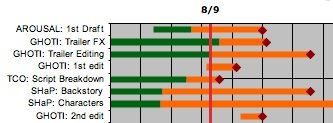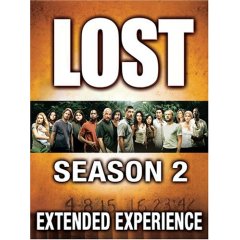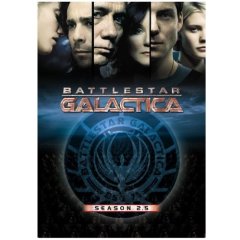Terry Rossio's Wordplay site has this quote about Disney CEO Jeffrey Katzenberg:
...one way he gets so much accomplished is that he's eliminated 'ramp time' from his life. He comes into a meeting on the phone, finishes the call, and is ready. He doesn't need to warm up, or 'ramp up' to the meeting. And when it's done, he's out of his chair, off to the next thing—he doesn't seem to need to unwind, or 'ramp down' afterwards. When you think about it, how much time do all of us spend just getting ready, or recovering afterwards?
There's a scene in
The Hunt For Red October where a high-level government official walks into his office and scans over all his mail... which has been neatly laid out on his desk. Sixteen years have passed and yet I still remember seeing all that mail laid out and thinking to myself,
if only I could be so fortunate to have a helper to maximize my time like that... It's always seemed like 90% of my time is simply "wasted" in preparation for that golden 10%.
An investor I once saw speak about designing business systems said that embarking on projects is like setting sail with a ship: you can either be
in the ship, or be
on the ship. Being
in the ship means you're a sailor, executing orders, doing the humdrum that you have to do... but it also means you have no idea where the ship is going because you're
in the ship, below decks. However, to be
on the ship means to be above decks, to see the horizon, to determine the bearing and to give orders to your crew. It's a struggle for most people to shift from being
in the ship to being
on the ship, especially if they've been raised to take orders and not to give orders. Being
on the ship is about determining your own course, or at least being aware of where the winds are pushing you. Everyone has to be
in the ship at some point, but it's equally important to see where you're headed, too.
And so it was that I realized I've been
in my ship for a long time. Sure, I've had glimpses of being above decks, but I haven't really found a way to constantly see where I'm headed and make the fine course adjustments as necessary.
In June, I had the good fortune of working for an advertising company. On Monday mornings, advertising companies hold a "traffic meeting", which is simply a status update of
every active project in house. Its purpose is to get clear with everyone attached to each project what their role is and when they need to finish their part. The Traffic Manager is the captain above decks, pointing at the shoals and telling the sailors which sails to run up and when to turn the rudder. The Traffic Manager stewards the company's future, one project at a time.
A Traffic Manager's primary tool in this role is a
Gantt chart, which is bar chart graph that visually breaks down projects into bite-sized sub-projects with clear deadlines. In advertising, the Gantt chart peers out over a 3 month horizon and shows you week by week what needs to be accomplished.
Then it hit me—couldn't I also benefit from having my own Monday morning "mini-traffic" meeting with a Gantt chart? I needed to be clear about which projects or sub-projects I was currently working on and how complete each stage of that project was. Only then could I accurately determine which fires needed to be put out and which fires could be left alone for awhile.
This led me on a fruitless serpentine search for decent Gantt chart software for Mac OS X. After a lot of false starts (this bed was too expensive, and this one was too hard to navigate), I became discouraged that my Gantt chart brainstorm idea would have to be abandoned.
And yet, because I'm an OCD freak, I scoured the net and unearthed
a way to create a Gantt chart in Excel, a program in which I am highly proficient. By using Excel, I was finally able to list all my main projects—
Safe Harbors,
Arousal,
Ghoti,
The Chosen 1—and identify the most urgent sub-projects I needed to address, and also determine how far along I was with each of them.
Below is a small snapshot of my Film & Writing Gantt chart, which I update almost daily and review every Monday morning (Key: vertical black lines = weeks, red vertical line = today, green bar= % complete, orange bar= % incomplete, ):

So who cares, right?
This morning, I took one look at my Gantt chart and saw that, at only 21% complete, I was
waaaaay behind schedule on
Arousal. According to the Gantt chart, today I should be 51% complete (56 pages). That ability to see very clearly where I wanted to be—and where I actually was—pushed me into afterburner mode: now I'm just over 33 pages (34%) and still chugging along. I'm betting I'll make it to 45 pages before I lose steam tonight, but today my Gantt chart served its purpose beautifully—it forced me stand
on the ship and scream at my crewmates,
Put some back into it!











